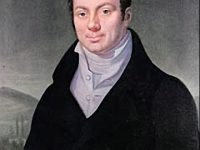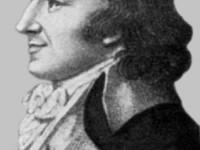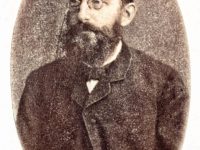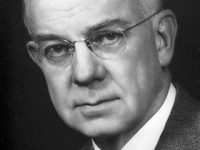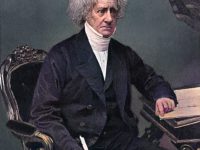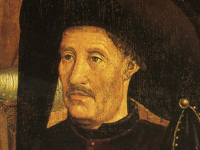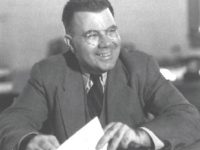August Leopold Crelle and his Journal
On March 11, 1780, German mathematician and civil engineer August Leopold Crelle was born. Crelle is best known for being the founder of Journal für die reine und angewandte Mathematik (also known as Crelle’s Journal). He also worked on the construction and planning of roads and the first railway in Germany, which was completed in 1838. “The real purpose of mathematics is to be the means to illuminate reason and to exercise spiritual…
Read more

